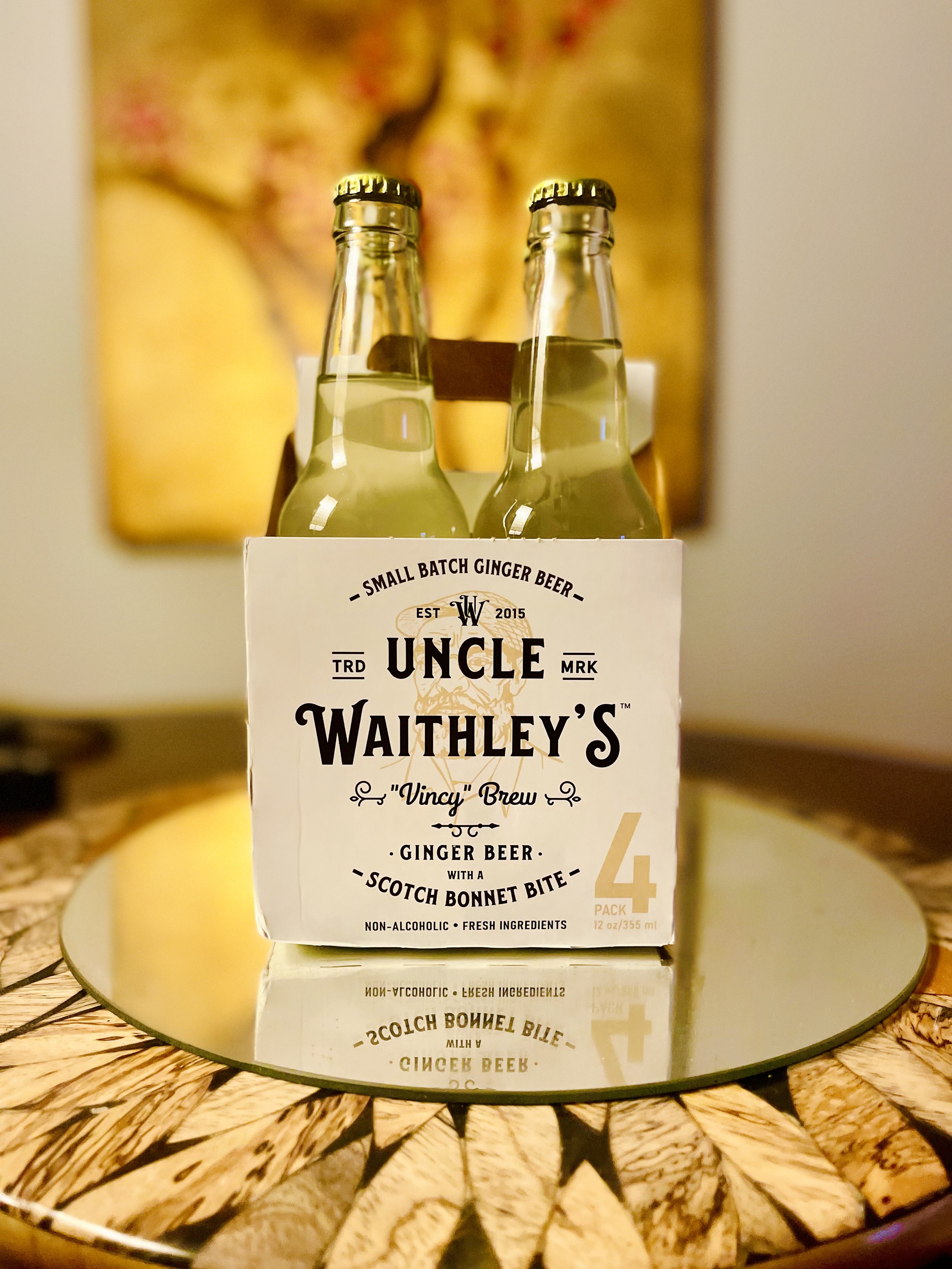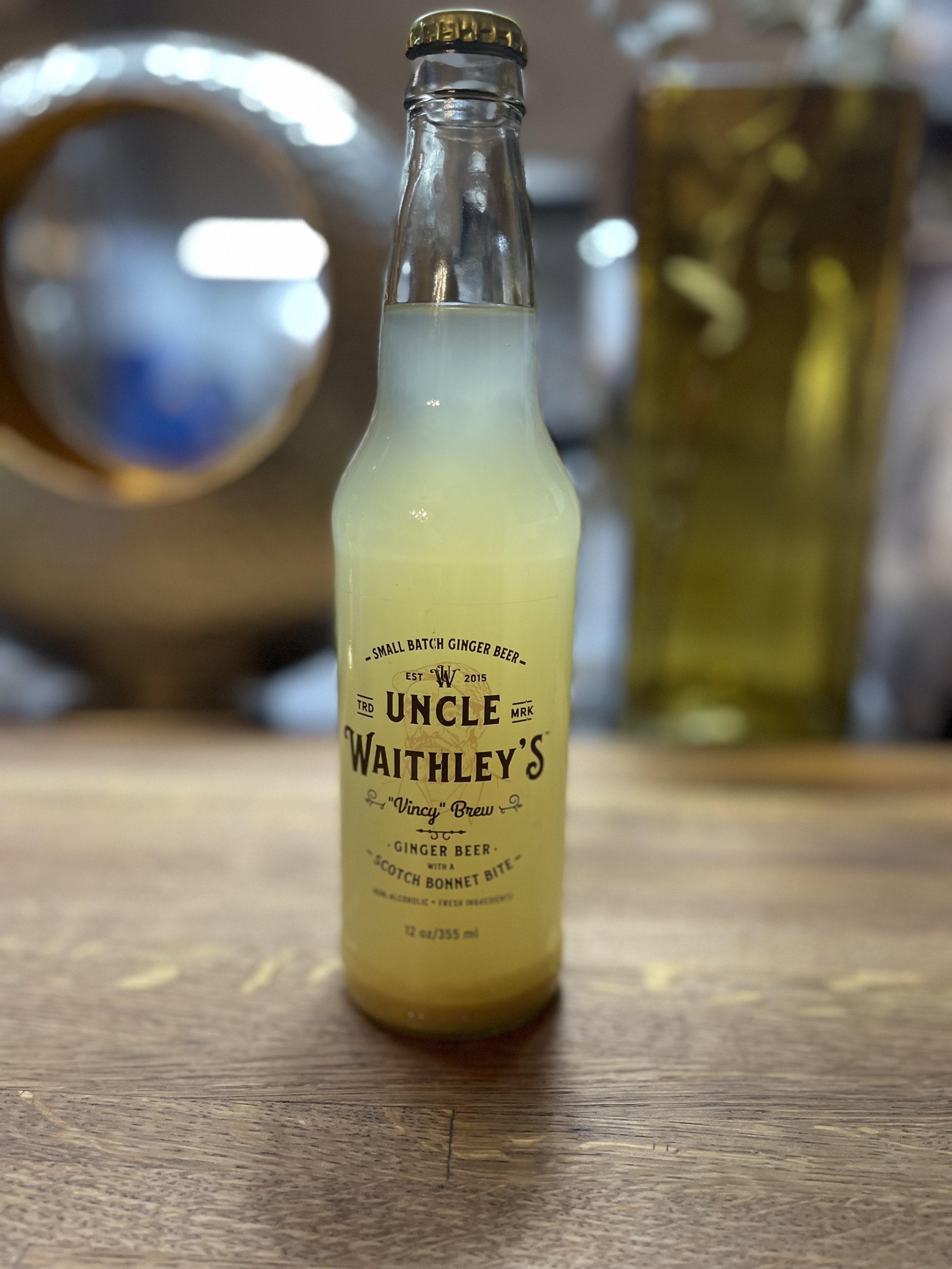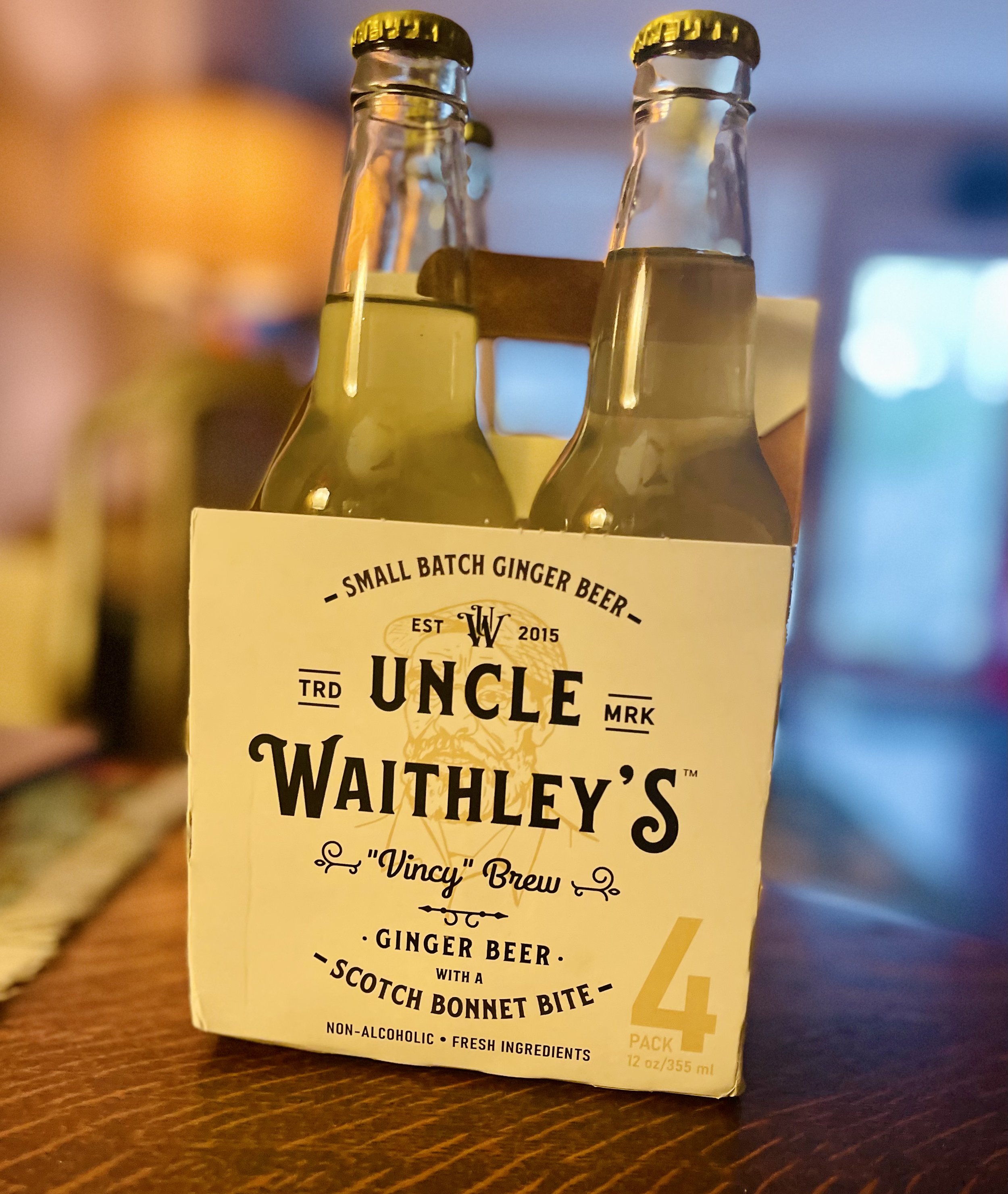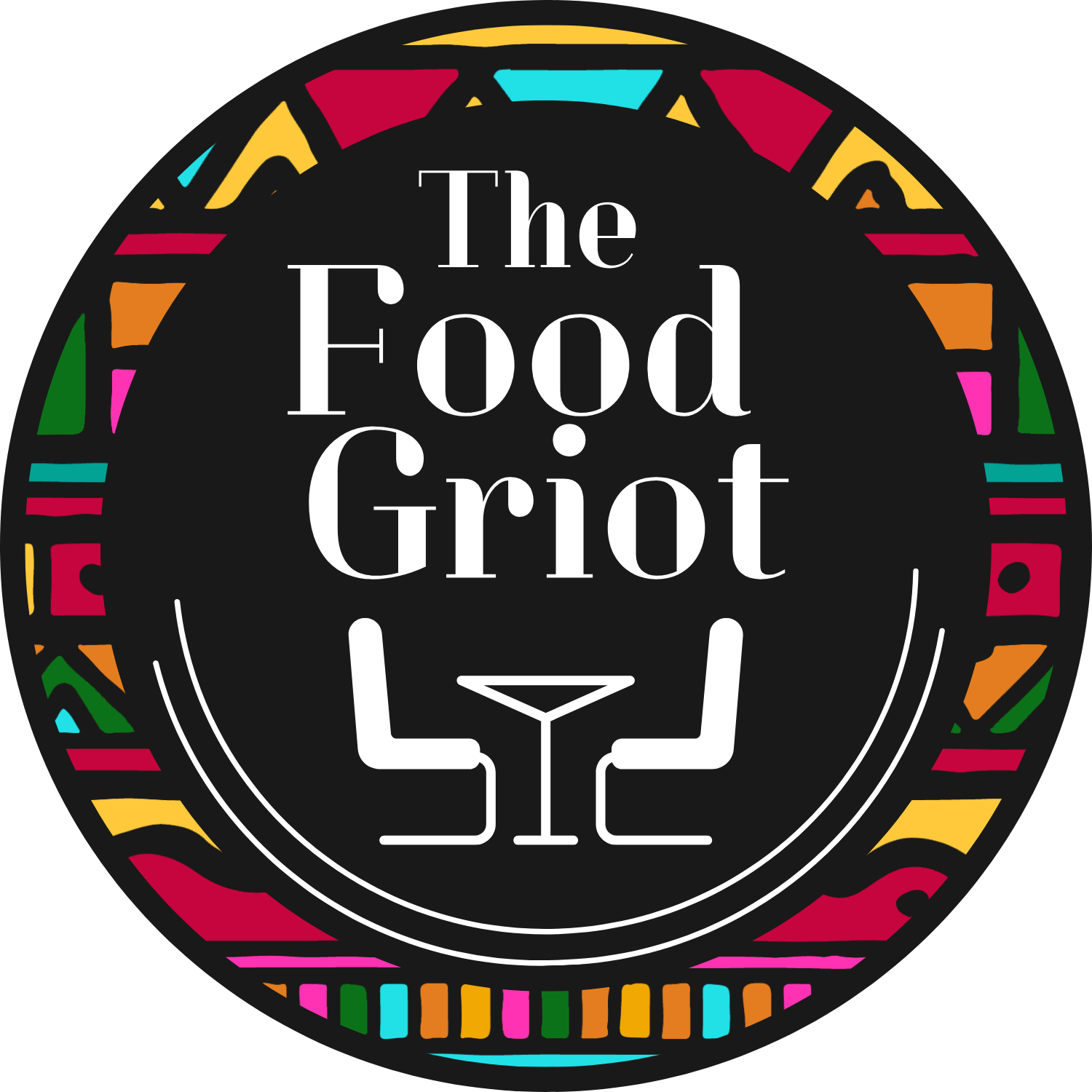Genuine Ginger Beer Was (& Still Is) One of Those Game Changer Drinks…
I remember back in the earlier 2000’s when genuine ginger beer came onto the mainstream American (bar) scene. My West Indian friends were already long familiar with it — British friends of varied hues too, which was surprising until I saw in Wikipedia (& other online sources), ginger beer was born in the mid 18th century — in Yorkshire, UK ... 🧐🤔… Which i wouldn’t think twice about if the entry had gone on to name or indicate that it was a Caribbean/West Indian, Asiatic or Afrianic heritage UK person who ‘birthed’ it there. No shade to Wikipedia at large, but at present their ginger beer entry provides no such cultural context. Nonetheless, it’s key to keep in mind that while Yorkshire may be the place of the first documented making of ginger beer (in the western world), one cannot automatically assume that the (unnamed) person who made it was a White British Yorkie. Turns out there’s a long history of people of African descent coming, going, staying (and even settling) in Yorkshire for centuries (from the 1750’s onward). Significant numbers of Black seaman (from British Caribbean Colonies and Africa stepped off ships in Yorkshire and yes some settled there, got married and started families. Together they “contributed to the “economic, social and cultural fabric of life in Hull”* ( the Yorkshire port city of Kingston upon Hull)
Yup I’m always suspicious of origin claims whenever nobody specific is named or officially credited and the primary ingredients (e.g., ginger, sugar, lemons, etc. …) of a product do not originate from anywhere near the alleged place of said product’s origin. AND a port’s involved? Yeah, especially when it comes to the UK — a country that’s basically synonymous with the word “Colonizer” (yes, with a capital “C”) … a nation that not only traditionally downplays or outright dismisses its Black and Brown populations, but had the world believing for forever that tea and curry were their original (White English/British) ideas. (This is largely why i do the work that I do — addressing, offsetting and helping to correct where i can the worldly “little white lies” of omission …and finding the fuller, more inclusive, “in color” version (or at least additional parts and pieces) to remake a more complete story — when relevant or possible. )
****
Anyway, I remember being blown away by ginger beer’s boldly intense gingery-ness and slightly hot spicy finish the first time I took a swig poured from a masterfully made batch at a homestead in Jamaica circa 1999 on a trip with friends. It was amazing on it’s own, duo-ed with any dish or snack and deliciously made a quick mixed drink when added to dark rum (or any spirit) on the rocks with an optional squeeze or wedge of lime …
Not too long thereafter I recall some equally scintillating ginger beer showing up — somewhat “on the DL” (down low) at a hip bar with a diverse clientele in my gentrified Brooklyn neighborhood. “DL” as in I noticed the (ethnically ambiguous, in hindsight) bartender responding vaguely and changing the subject after swiftly tucking away an unlabeled container into a mini fridge under the bar after someone asked her where it was from and where they could get some for themselves… I suspect that too might’ve been a homemade (or house-made if done on the premises) batch…
The culturally conscious, choosy consumer I’ve always been was admittedly pleased with what I understood to be a Jamaican / probably pan-Caribbean concoction crossing over into common-ville which simply meant it’d be more accessible. While I had a sense it was already well entrenched in Brooklyn’s Black West Indian communities, I wasn’t thinking then about how ginger beer might meet the same fate of countless other flavor-filled goodies that’ve emerged from Black and Brown culinary cultures and then get gobbled up by White consumer centered capitalism — where formulas are oft altered so as to not offend (or even to appeal to) less adventurous palates, and more importantly to increase their profit margins (thus jeopardizing taste and quality) . Which financially benefits the typically non-Black nor Brown (aka White) company owners who have access to adequate capital, investment money or generational wealth and resources required to manufacture and mainstream an otherwise fringe commodity.
[…once upon a time after buying a bottle of what i wrongly assumed was real ginger beer, it all but erupted out my mouth reflexively — then I read the ingredients to realize why it wasn’t workin for me AT ALL… ]
Indeed, like so many other originally ‘ethnic’ edible (or drinkable in this case) ‘discoveries’, it wasn’t long before ginger beer got corrupted by capitalistic commerce. Artificial flavors, colorings and other whack additives are used in many manufactured ginger beers. They also tend to shamelessly skip process steps opting to fabricate fizziness vs. bothering to brew and ferment the combined ingredients (for the carbonation to occur naturally) —- surely to speed things up and/or to control costs. Even the ‘all natural’ ones to me taste(d) more like syrupy weak a$& ginger ales lacking any of the robust (or real!) ginger intensity and spicy kick I feel is required to qualify as a ginger beer.
At Long Last, An Answer To My Multi-Year Ginger Beer Blues:
FAST FORWARD a DECADE (and a half!) later…
Luckily Uncle Waithley’s (est. 2021) has saved the day ya’ll!!… Best ginger beer on the market IMHO, that brang back ALL that i originally fell in love with ginger beer for in the first place — and then some (a la a nice scotch bonnet kick!) without cutting any corners, skipping any steps or skimping on quality ingredients …. Lest I start sounding like a paid commercial (which this most certainly is not), check out their website for more info and try some yourself (pssssst, you can get a 4 pack at any Whole Foods on the east coast at least)….



There’s more to the ginger beer story — and I look forward to taking a deeper dive into this amazing drink's more multifaceted origins, history and evolution to what’s available on the market today as well as to talk with people who make their own either from a family recipe or other sources. I actually have on-hand a historical ginger beer recipe (or two!) created by a Massachusetts-based Black butler named Robert Roberts (born in S. Carolina 1780) who authored a book in 1827 called “The House Servant's Directory: A Monitor for Private Families” ….
One of the perks for my paid Patreon supporters is the opportunity to access more intel including food & drink history on specific topics of interest — incl. at times written recipes and demos! So join my PATREON where you can get much more scoop — or the skinny!… (And if you’re already a Patreon supporter I look fwd to you redeeming your perks;)…
THIS LINK takes you to the current month calendar to explore more …
(📸 original photos: @thefoodgriot )
*Referenced Sources:
*William Wilberforce Monument Fund Community Project, African Stories in Hull & East Yorkshire. Internet. Published April 2016. Accessed [2024]. Available: http://www.africansinyorkshireproject.com]


